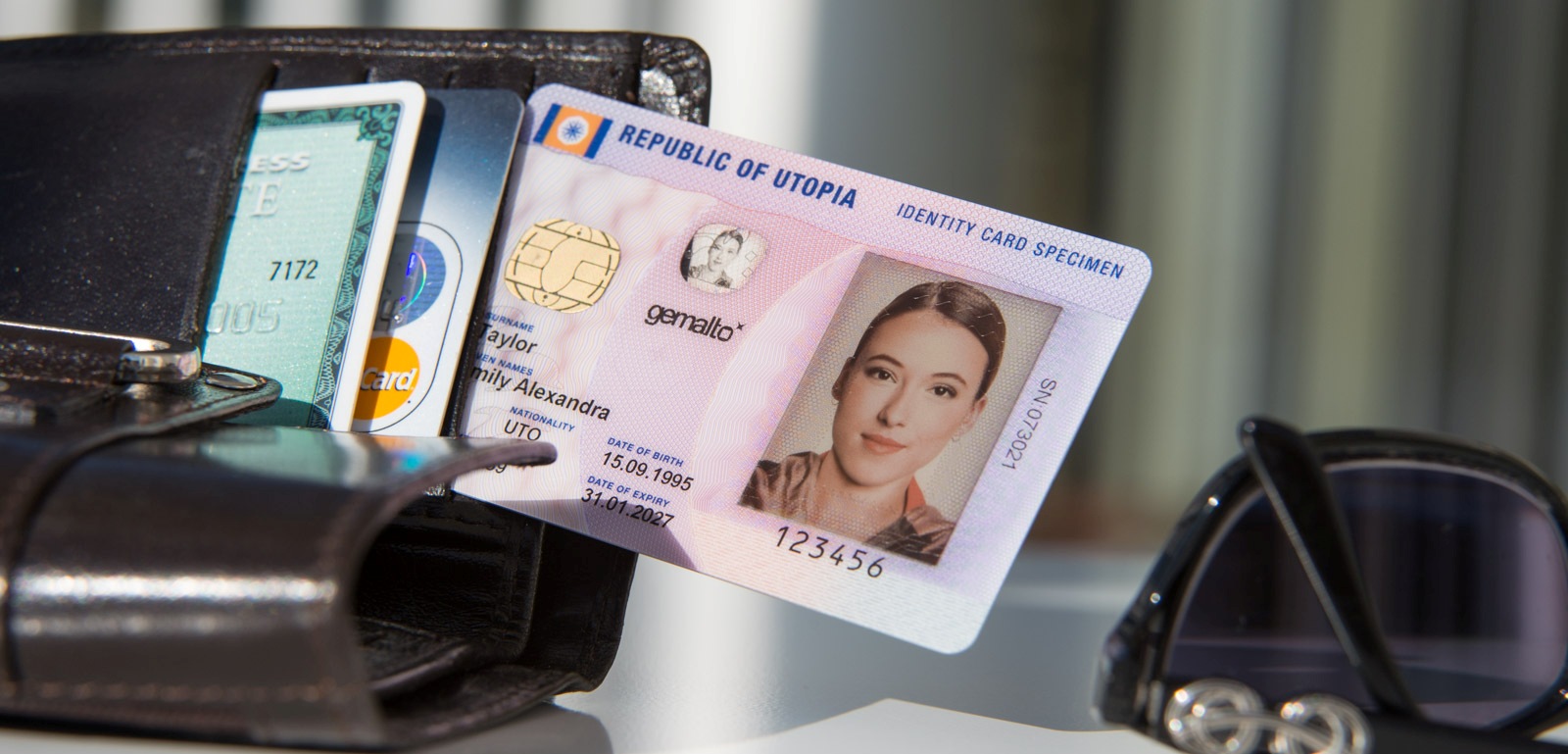Java Card: definition, use cases and benefits
What is Java Card?
Java Card is an industry-standard technology platform that was developed by Sun Microsystems (now Oracle) to enable Java-based applications - applets - to run on smart cards that support this standard.
Java Card 3.1 is the latest version announced at the end of January 2019 by Oracle.
Its new features make applications more portable across IoT hardware such as smart meters and industrial IoT, automotive IoT and cloud-connected devices.
Why Java Card?
Java Card helps developers build, test and deploy smart card-based applications quickly and efficiently with an object-oriented programming model and off-the-shelf development tools.
For smart card issuers, it delivers a secure and interoperable platform that can be used to store and update multiple applications on a single end-user device.
Java Card technology is used in a wide range of smart card applications, including:
Smart ID badges for logical and physical access to enterprise resources
Subscriber Identity Modules used in mobile phones on wireless networks
Machine Identity Modules used in M2M and IoT
Banking EMV cards for traditional and online bank transactions
Government and health cards.
Java Card can now enable access to NBIoT or 5G networks.
Benefits of Java Card
Its unique features provide several advantages.
Applets areinteroperable and will run on any Java Card-based smart card device, thereby reduces hardware costs.
In addition,multiple applications can reside on a single device.
New applications can be installed securely after a card has been issued using Over-The-Air (OTA) platforms, enabling card issuers to respond to their customer's changing needs dynamically.
Java Cards enable easy and fastupdates through an open OS architecture that separates the platform from the application. This partitioning also reduces migration constraints, even after initial card issuance.
Compliant applications can be loaded and cards that are compatible with existing ones can be produced quickly.
The strong security of the Java programming language provides the foundation for Java Card's secure execution environment.
 ,
,
A recognized open standard
According to Oracle, close to six billion Java Card-enabled devices are rolled out each year.
As an open standard backed by all the leading smart card manufacturers, Java Card offers one of the most secure technology platforms available.
In addition, this technology enables various business models between the issuer, application providers and operators, thanks to multiple security domains and dynamic application partitioning.
As a thought leader and participant in several committees driving industry standards, Gemalto is also helping define platform enhancements that benefit all organizations that use Java Card technology.
